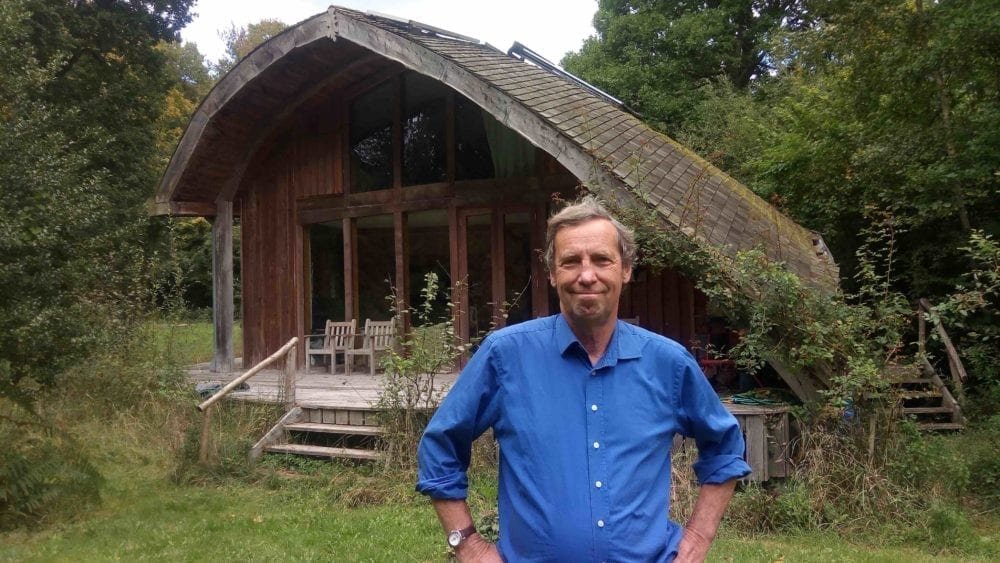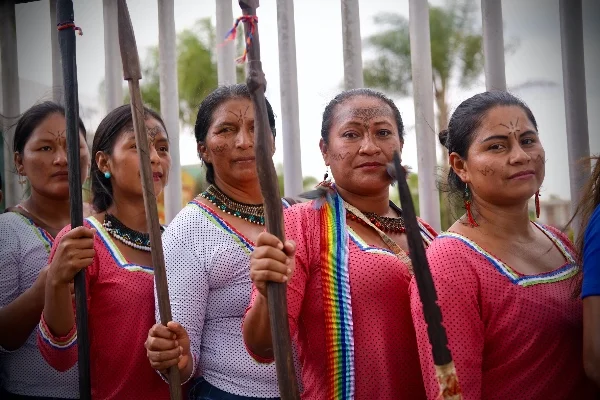Work has become more demanding for most of us, but the greatest pressures fall on teams in public service provision, such as health and education, and other values-based work such as social enterprises and charities.
What’s tough for these ‘front-line’ staff is that their primary aim is to deliver a service to clients: often the demands for help keep growing, and the resources to meet them keep shrinking.
When the human resources are constantly overstretched, it’s very hard to find time for reflection or renewal.
The risk of burnout
A team manager in an NHS hospital commented, ‘we’ve had years of rising demands and shrinking resources. It’s reached a stage where the quality and resilience is being ground out of my team. There’s a high risk of staff burnout and service failures, and the future outlook is literally unthinkable.’
This manager is not alone: you can hear similar concerns in many social enterprises, charities and throughout the public service sector. I’ve been working with front-line teams like this for several years: the imbalance between demands and resources, and the risk of burnout, has worsened a lot in recent years, and radical change is needed from somewhere.
I’ve coined the term ‘super-resilience’ to describe the major step-up needed to thrive in the years ahead. There are no magic answers to the future pressures on values-based teams. Whereas resilience can be misused to mean coping with more cuts, super-resilience implies creative jumps, systemic changes which somehow enable people under pressure to stay resourceful.
Bringing stressed staff and managers into a nourishing environment helps their own problem-solving greatly.
Learning from Nature
Wisdom Tree is a small team I set up in 2014 to offer resilience training for work teams, individuals and community groups. A distinctive feature of our approach is learning from Nature, and in Nature. The setting for many Wisdom Tree programmes is Hazel Hill Wood, an education centre in a magical 70-acre wood near Salisbury.
From experience in setting up both Hazel Hill Wood and an organic farm education centre in Dorset, I have realised that cultivated ecosystems offer a very practical, down-to-earth model of resilience for people and organisations. This is one of various approaches Wisdom Tree offers: we also draw on mindfulness, eco-psychology, emotional intelligence and more.
 Play Video about This Rock Might Just Save The World
Play Video about This Rock Might Just Save The World Play Video about Play 2 hours of rock
Play Video about Play 2 hours of rock Play Video about Play 2 hours of brook
Play Video about Play 2 hours of brook Play Video about Play 2 hours of sheep
Play Video about Play 2 hours of sheep











































